Buy Jakavi : Ruxolitinib 20 Mg Tablets 56’S Online
$1,273.03
Brand Name : Jakavi
Composition : Ruxolitinib
Manufactured by : Novartis India Ltd.
Strength : 20 mg
Form : Tablets
Packing : Pack of 56 Tablets
Prescription Required *
Jakavi is a medication used to treat certain types of blood disorders, including myelofibrosis and polycythemia vera. It contains the active ingredient Ruxolitinib and is typically administered in the form of tablets.
Ruxolitinib works by inhibiting the action of a group of enzymes known as Janus kinases (JAKs), which play a critical role in the growth and development of blood cells. By inhibiting the action of these enzymes, Ruxolitinib can help to reduce the number of abnormal cells in the blood.
Myelofibrosis is a rare type of blood cancer in which the bone marrow is replaced by scar tissue, leading to a reduction in the number of healthy blood cells produced. Polycythemia vera, on the other hand, is a condition in which the bone marrow produces too many red blood cells, leading to thickening of the blood and an increased risk of blood clots and stroke.
In clinical studies, Jakavi has been shown to be effective in reducing the size of the spleen, a common symptom of myelofibrosis, and in reducing the need for blood transfusions in patients with polycythemia vera. It can also help to alleviate symptoms such as fatigue, night sweats, and itching.
Like any medication, Jakavi is not without side effects. Common side effects of Jakavi include anemia, fatigue, and low platelet counts. More serious side effects may include infections, including shingles and tuberculosis, and an increased risk of skin cancer.
It is important for patients to communicate with their healthcare provider about any side effects they may be experiencing and to attend all scheduled appointments to monitor their response to the medication.
In conclusion, Jakavi can be an effective treatment option for patients with myelofibrosis and polycythemia vera. While it may come with side effects, it can help improve quality of life and overall survival for those who receive it. As always, patients should work closely with their healthcare provider to determine the best course of treatment for their individual needs.
Be the first to review “Buy Jakavi : Ruxolitinib 20 Mg Tablets 56’S Online” Cancel reply
Related products
Anti Cancer
Anti Cancer
Anti Cancer
Anti Cancer
Anti Cancer


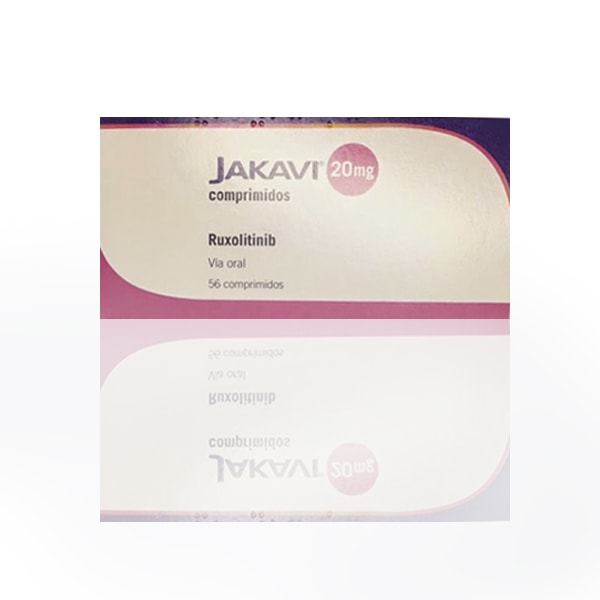


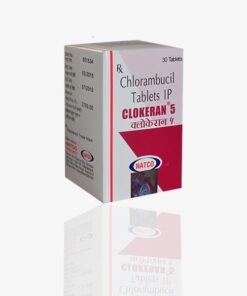
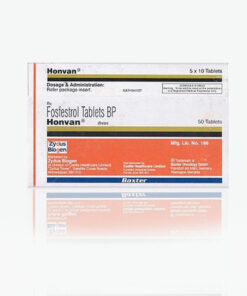
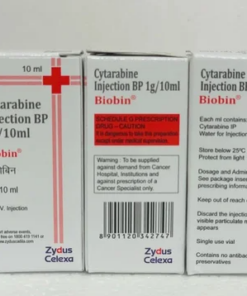



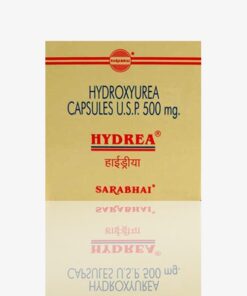
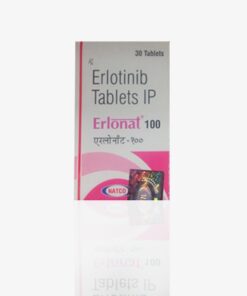
Reviews
There are no reviews yet.